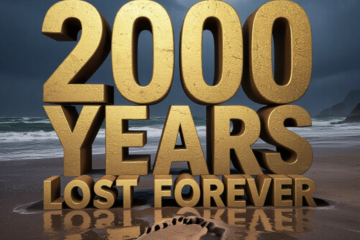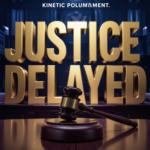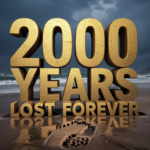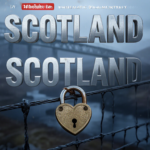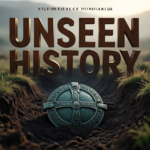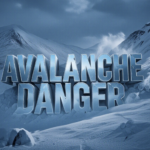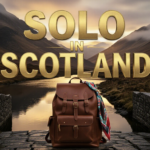Three University of North Georgia faculty members made waves this summer by presenting at a major teaching conference in Glasgow, Scotland. Dr. Adrianna Rajkumar, Dr. Cristina Washell, and Dr. Katty Mobasher shared insights from their work on making geosciences more accessible, all tied to a National Science Foundation grant.
Conference Highlights
The event was the International Study Association on Teachers and Teaching conference, held in Glasgow during the summer of 2025. These professors traveled abroad to showcase their efforts in education and science.
Each focused on unique ways to boost student engagement in geology. Their talks drew from three years of workshops funded by the grant, aimed at high school students and teachers.
Attendees praised the presentations for offering practical tips on inclusive teaching. This fits into a growing trend where universities push for hands on learning in STEM fields.
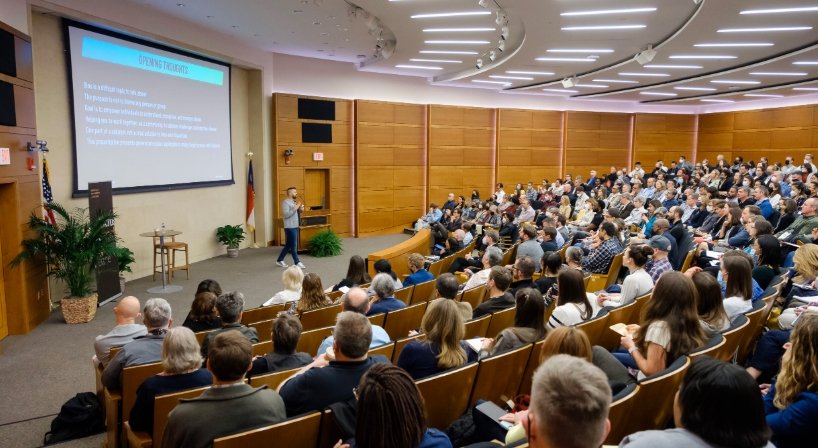
Fieldwork Adventures in Scotland
While in Scotland, Dr. Mobasher and Dr. Rajkumar did not stop at presentations. They dove into geology fieldwork, collecting samples from local sites.
One memorable moment came when they needed access to private land. A helpful farmer provided the gate code after recognizing them as researchers.
This hands on work echoes Scotland’s rich geological history, from ancient faults to volcanic rocks. Recent posts on social media highlight similar explorations by geologists in the region, showing ongoing interest in these areas.
The duo plans to compare Scottish ecosystems with those near UNG’s Gainesville Campus. This could reveal new patterns in environmental science.
Scotland’s landscapes, shaped by events like the Great Glen Fault over 430 million years ago, offered perfect spots for their studies.
Impact on Student Learning
Back at UNG, the trip promises big benefits for students. Samples from Scotland will fuel research projects in the Lewis F. Rogers Institute for Environmental Spatial Analysis.
Dr. Mobasher noted that such experiences keep students in programs longer. They gain real world skills that make lessons stick.
Dr. Rajkumar shared her excitement about bringing fresh content to classrooms. Fieldwork makes science come alive, she said.
This aligns with broader efforts in education, where hands on research boosts retention rates. A 2024 study from the National Science Foundation showed similar grants increased student involvement by up to 25 percent.
Dr. Washell focused on universal design for learning in her talk. She aimed to help teachers engage every student, no matter their background.
Key Presentations and Topics
The faculty covered diverse angles to make geosciences open to all. Here is a breakdown of their contributions:
- Dr. Katty Mobasher: Explored GIS tools for better access.
- Dr. Adrianna Rajkumar: Highlighted project based learning methods.
- Dr. Cristina Washell: Discussed universal design for inclusive education.
These topics tie into current trends, like using AI in teaching, as seen in UNG’s recent summer courses.
Future Research Opportunities
Looking ahead, the collected samples will spark student led projects. Comparisons between Scottish sites and local areas like Elachee Nature Science Center could lead to new findings.
This work builds on UNG’s legacy as a senior military college, fostering leaders in science. It also connects to global events, such as the upcoming Health Data Research UK Conference in Glasgow next month.
| Faculty Member | Role | Presentation Focus | Fieldwork Involvement |
|---|---|---|---|
| Dr. Katty Mobasher | Professor of Geology | GIS in Geosciences | Yes, collected samples |
| Dr. Adrianna Rajkumar | Lecturer of Geology | Project Based Learning | Yes, conducted fieldwork |
| Dr. Cristina Washell | Associate Dean | Universal Design for Learning | No, conference only |
Students involved may present at events like the Georgia Undergraduate Research Conference in November 2025.
The grant’s success could inspire more funding for similar trips. Experts predict a rise in international collaborations for STEM education by 2026.
Share your thoughts on how international research boosts education. Comment below or spread the word to fellow science fans.


